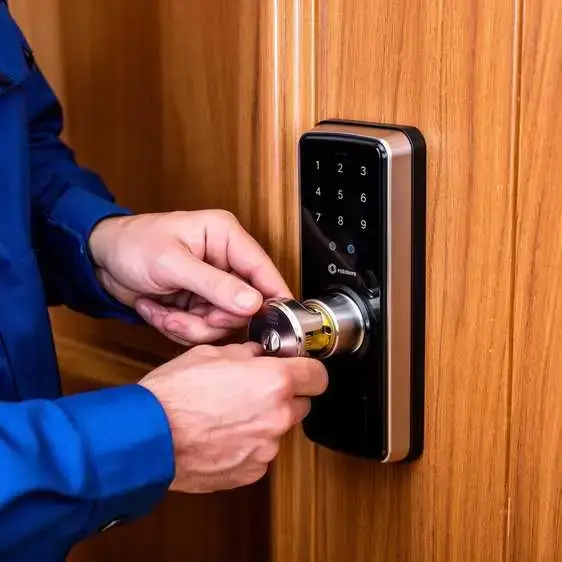Locksmith Services
Call Now For Fast, Reliable Service.
(888) 657-1745
Scheduling Your Locksmith Service is Quick, Easy & Stress-Free
Locksmith Services We Connect You With
From emergency lockouts to security upgrades, we connect you with local professionals who can handle it all.
Residential Locksmith
Home lockouts, lock changes, rekeying, deadbolt installation, and home security upgrades.
Automotive Locksmith
Car lockouts, key replacement, transponder key programming, and ignition repair.
Commercial Locksmith
Office lockouts, master key systems, access control, and high-security lock installation.
Emergency Locksmith
24/7 emergency lockout assistance for homes, vehicles, and businesses.

Why Call LockPro Connect?
- One quick call connects you to a nearby locksmith
- Same & next-day appointments available
- Technicians arrive with the tools to handle the job
- No-obligation quotes before work begins
- Available 24/7 for emergencies
How It Works
Call Us
Give us a call and we'll instantly connect you with a nearby locksmith who can help.
Schedule Service
A local locksmith will answer your questions and offer flexible appointment times.
Problem Solved
Your locksmith arrives, assesses the situation, provides a quote, and completes the work.
Frequently Asked Questions
Need a Locksmith? Call Now.
A local locksmith is ready to help. Call today at (888) 657-1745 for fast, reliable service.